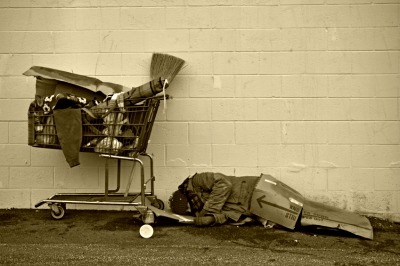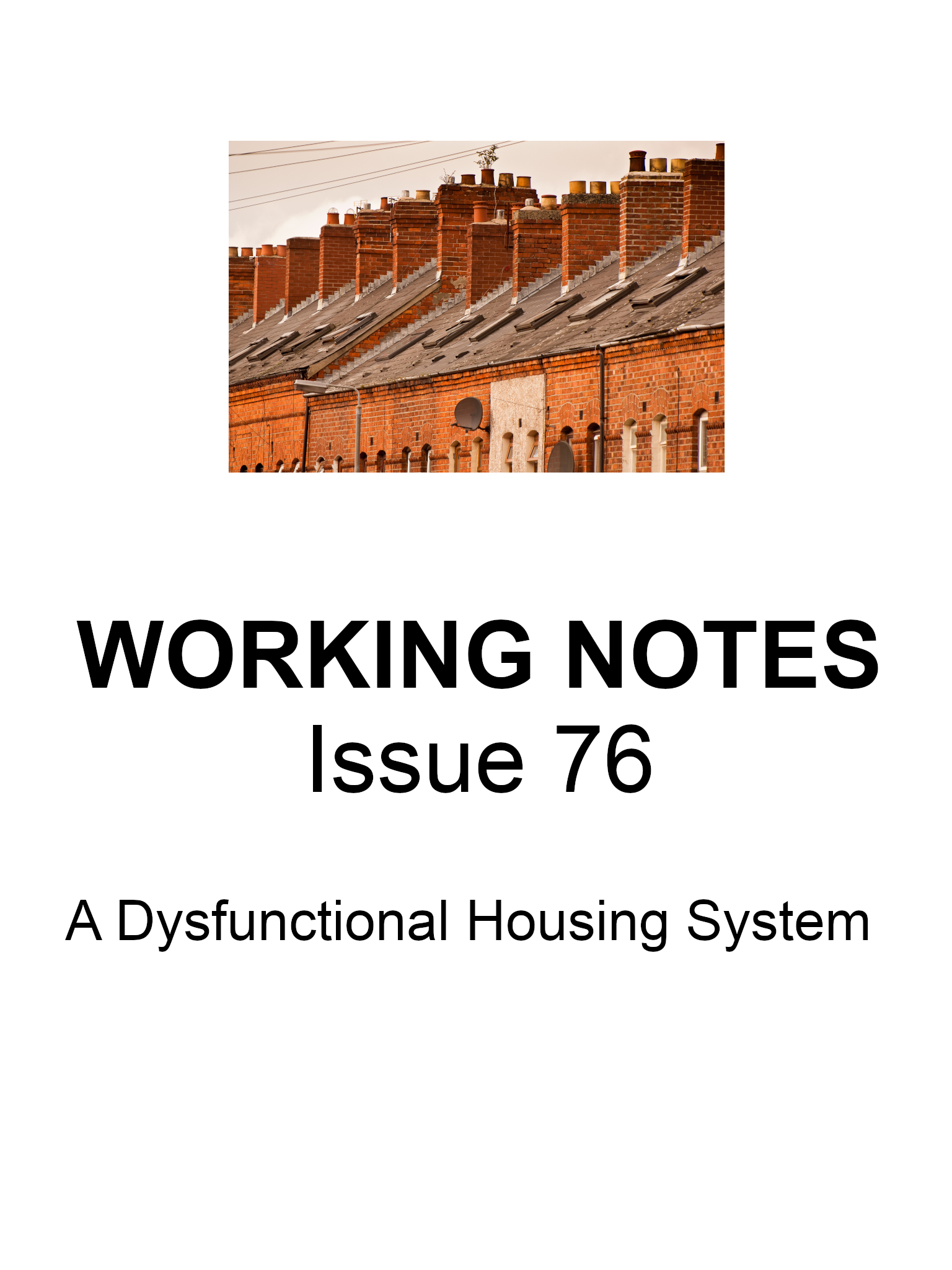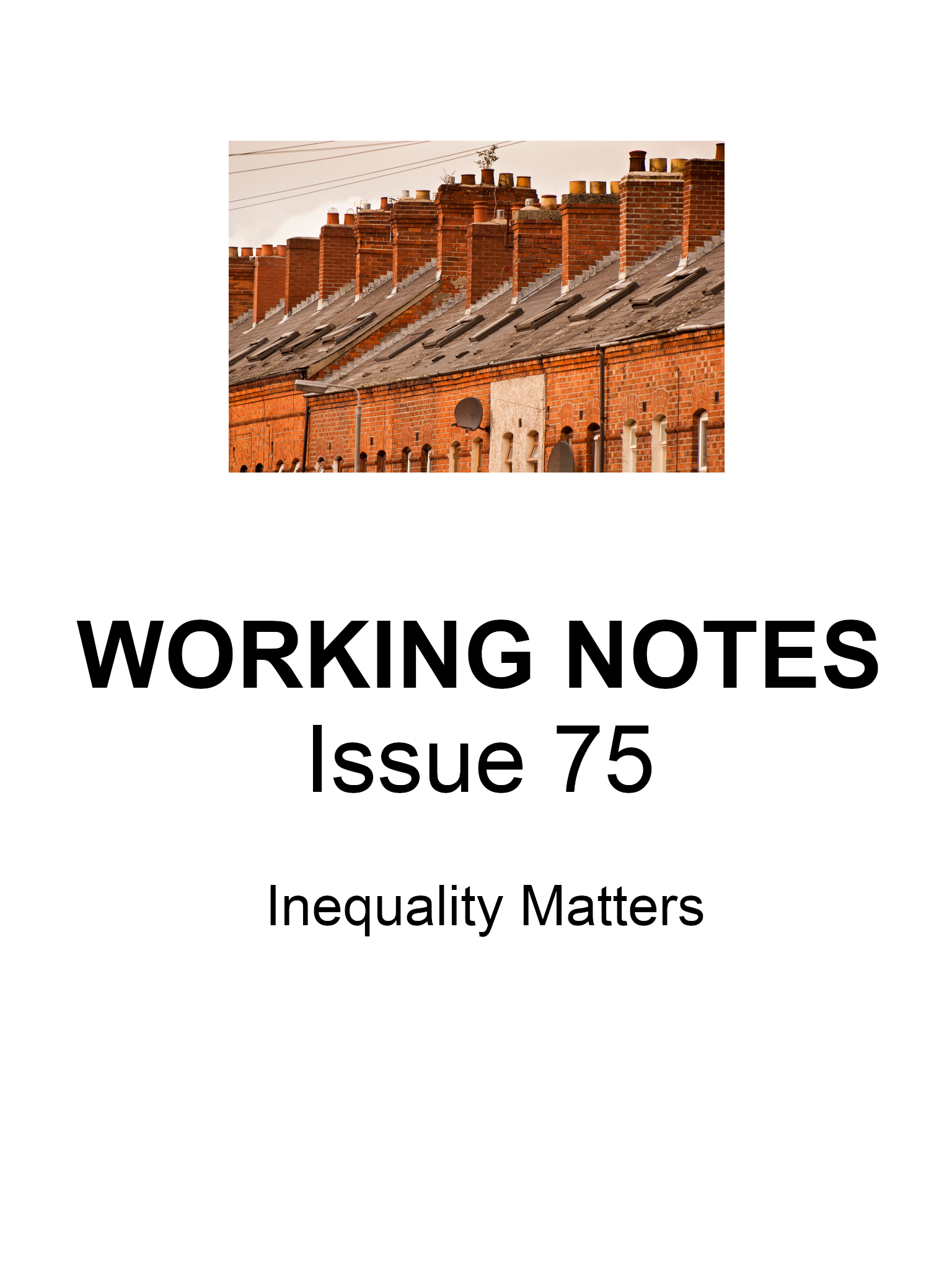
The Private Rented Sector: the Case for Regulation
In the past, those with good jobs and reasonable incomes in Ireland might have aspired to purchase a home. However, after a short few years of house price falls subsequent to the economic crash in 2008, the purchase price of houses has been escalating again, meaning that owning a home may now be impossible even for households that are relatively well-off. Therefore, they have no option but to rely on accommodation provided by private landlords.








